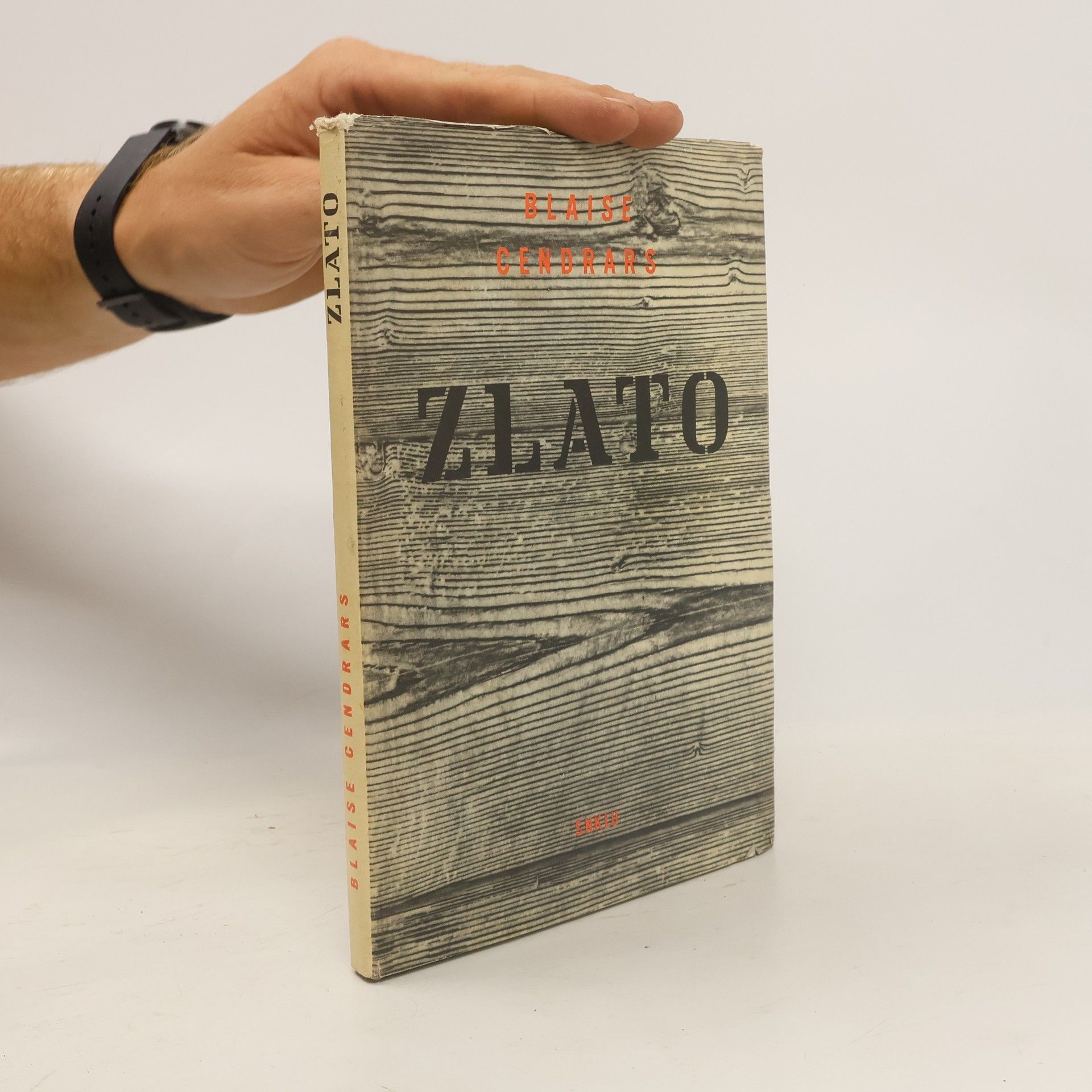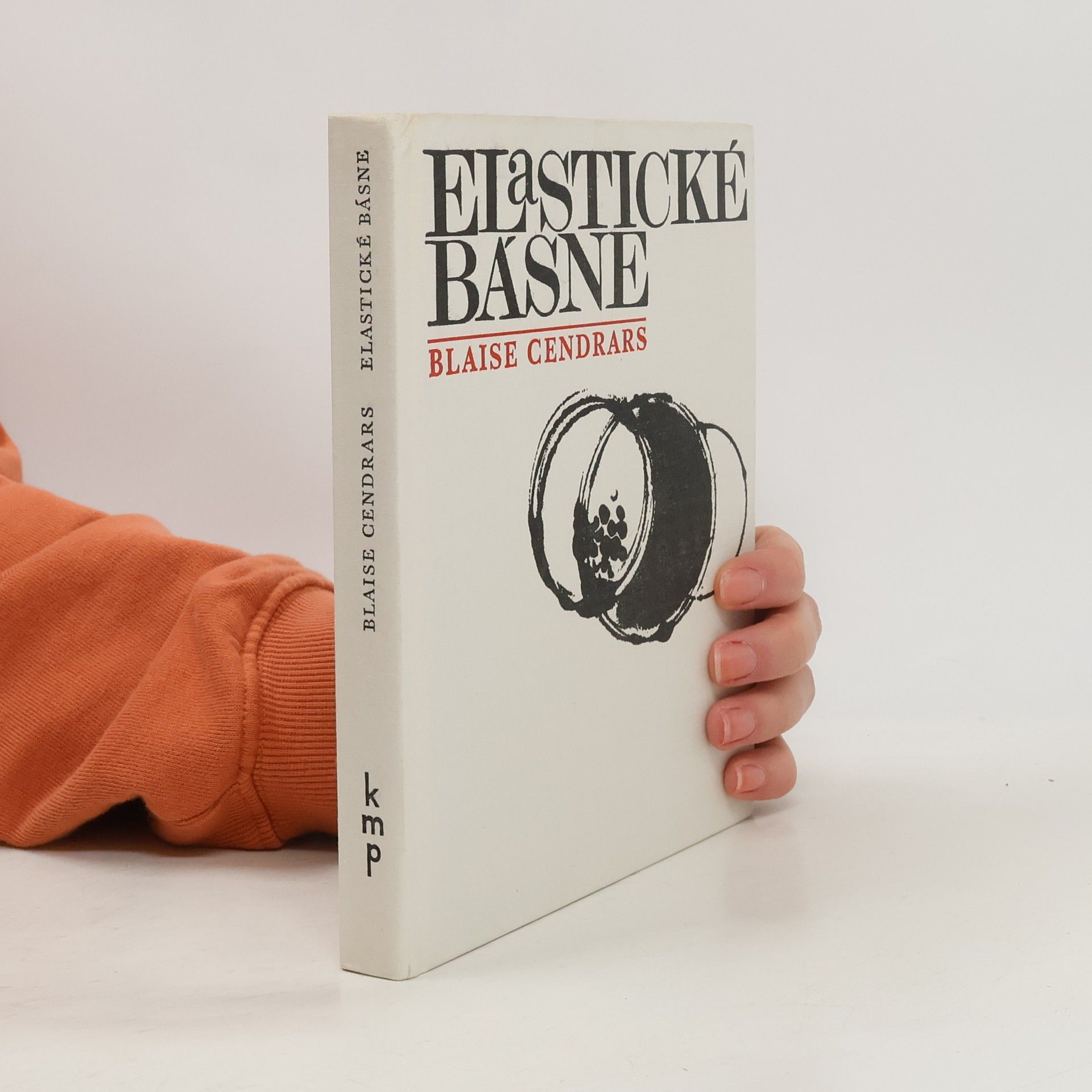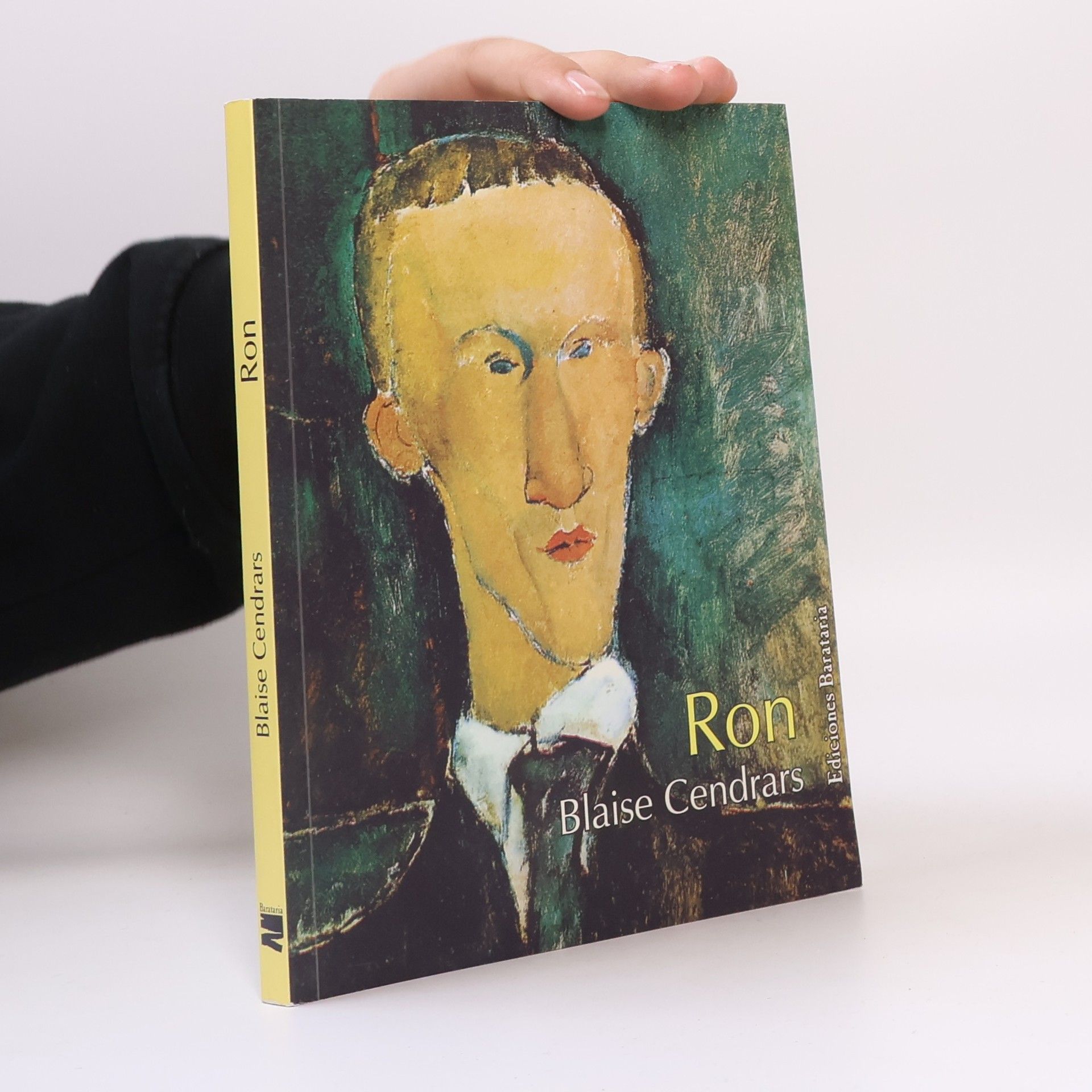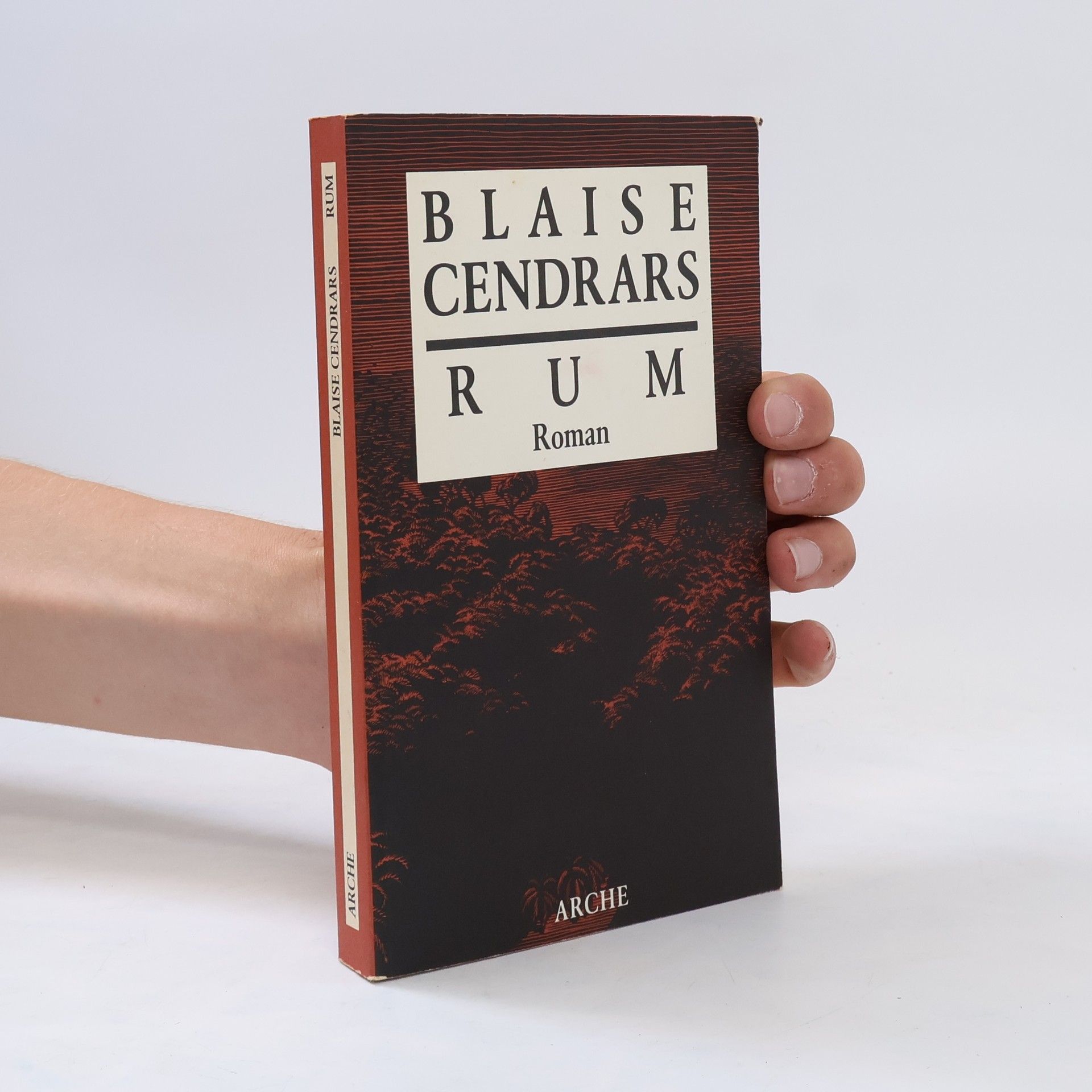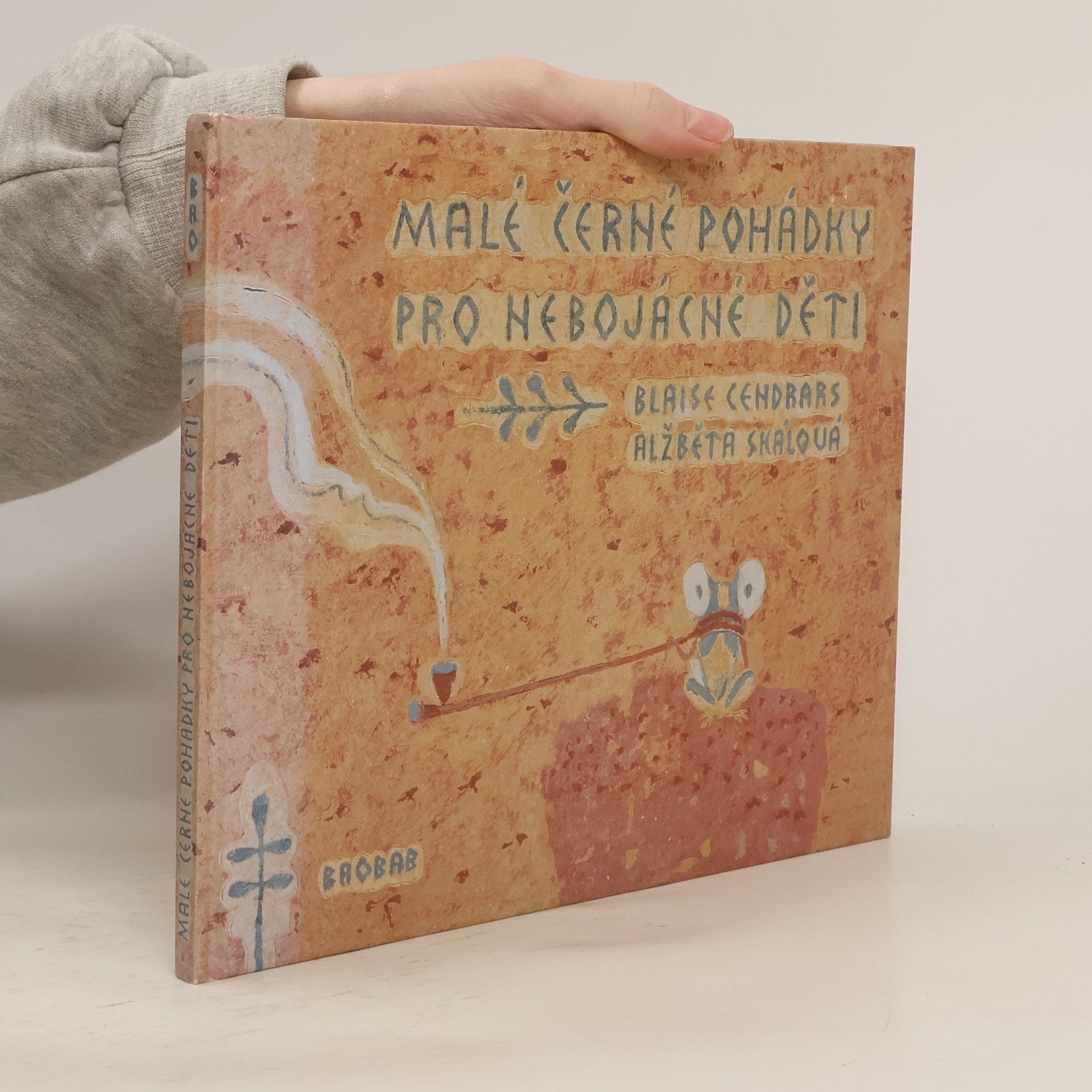Ron
- 160 páginas
- 6 horas de lectura
Con un estilo muy fluido y un lenguaje muy cercano al periodístico, Cendrars nos cuenta la vida de un hombre extraordinario: el escritor y aventurero Jean Galmot que, después de amasar una enorme fortuna en la Guayana, llega a conocer la prisión y la ruina. Al dibujar el retrato de un hombre idealista atrapado por su innato sentido de la libertad, el autor logra construir una especie de Quijote paradójico en lucha contra los poderes coloniales. Diputado por Guayana, Jean Galmot fue acusado de especulación en el affaire del ron de 1919, y durante el proceso, en el que se defendió a sí mismo, se presentó como un empresario altruista atrapado por las maniobras hostiles de los grandes grupos financieros del mundo parisino. Acorralado, proclamó su amor inquebrantable por el pueblo de Guayana, que lo llamaba «papá Galmot», y juró defender su libertad hasta la muerte.



